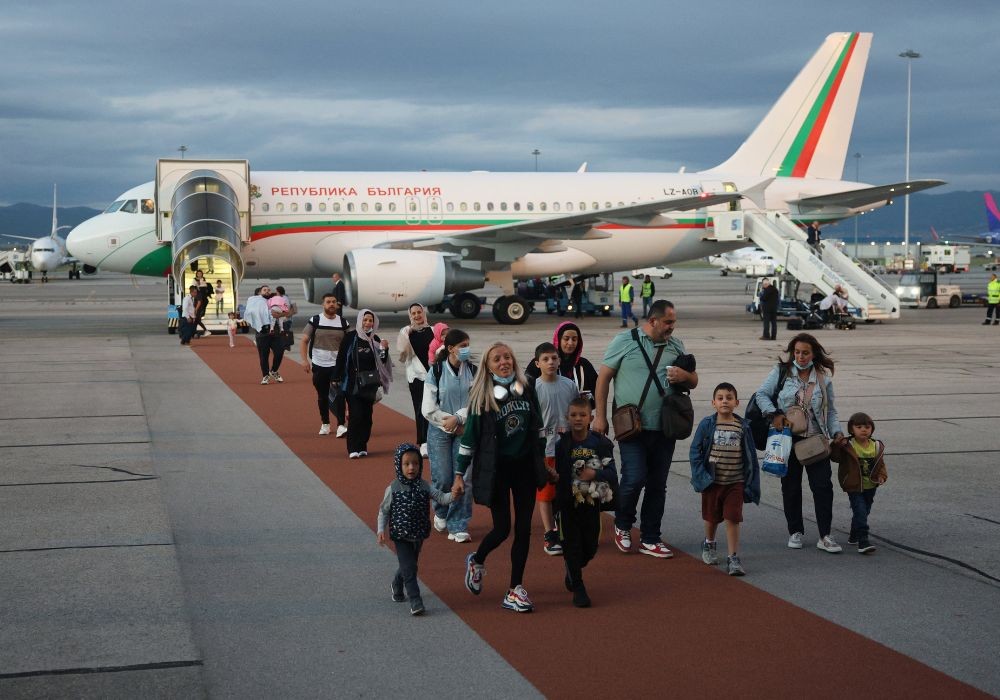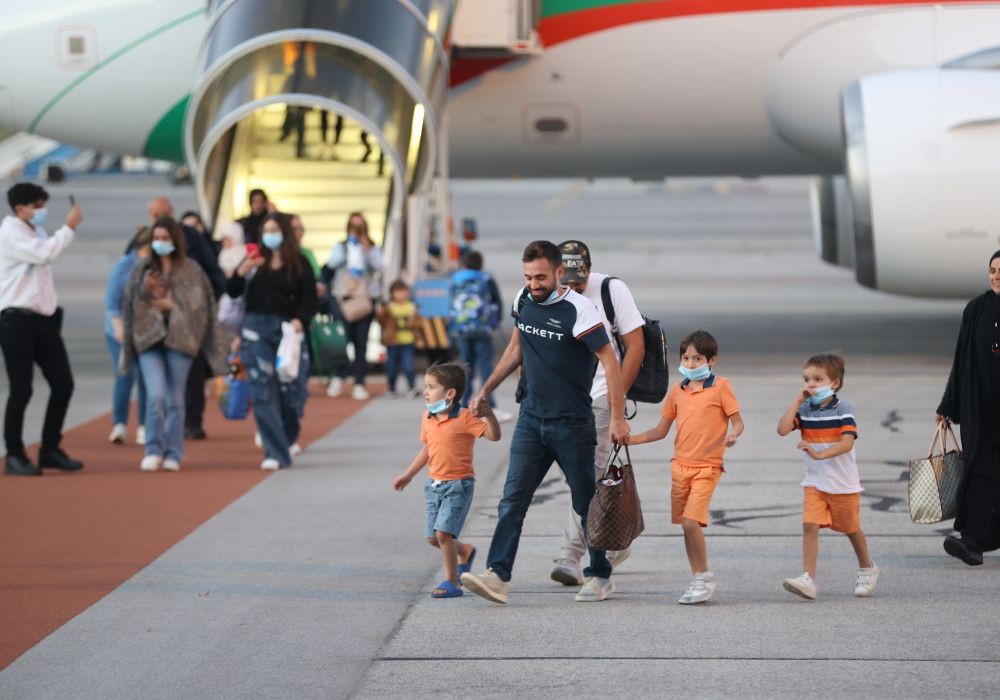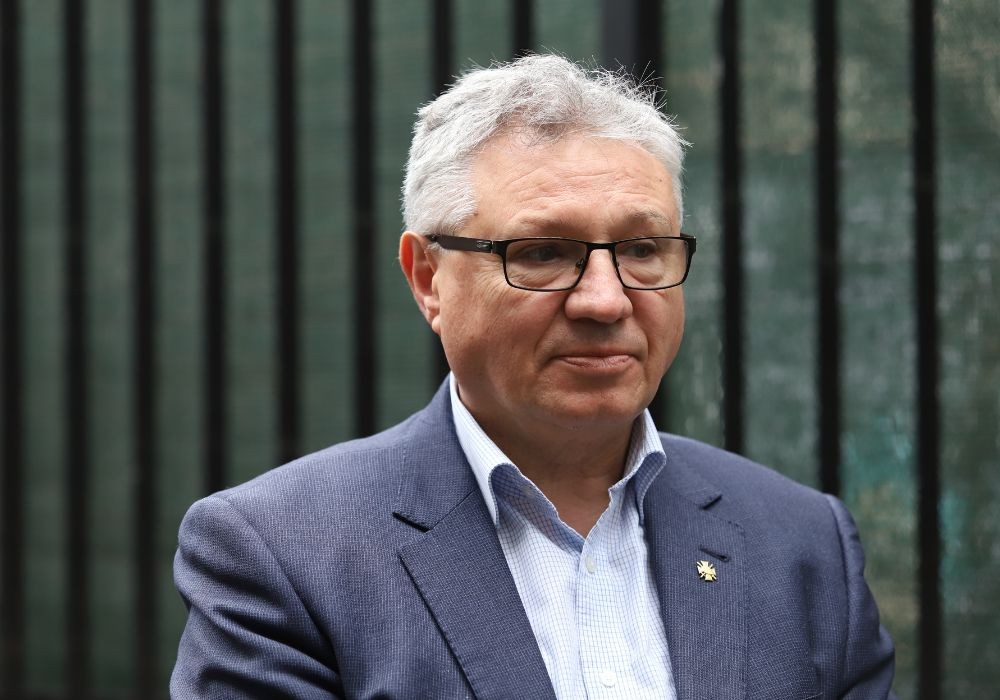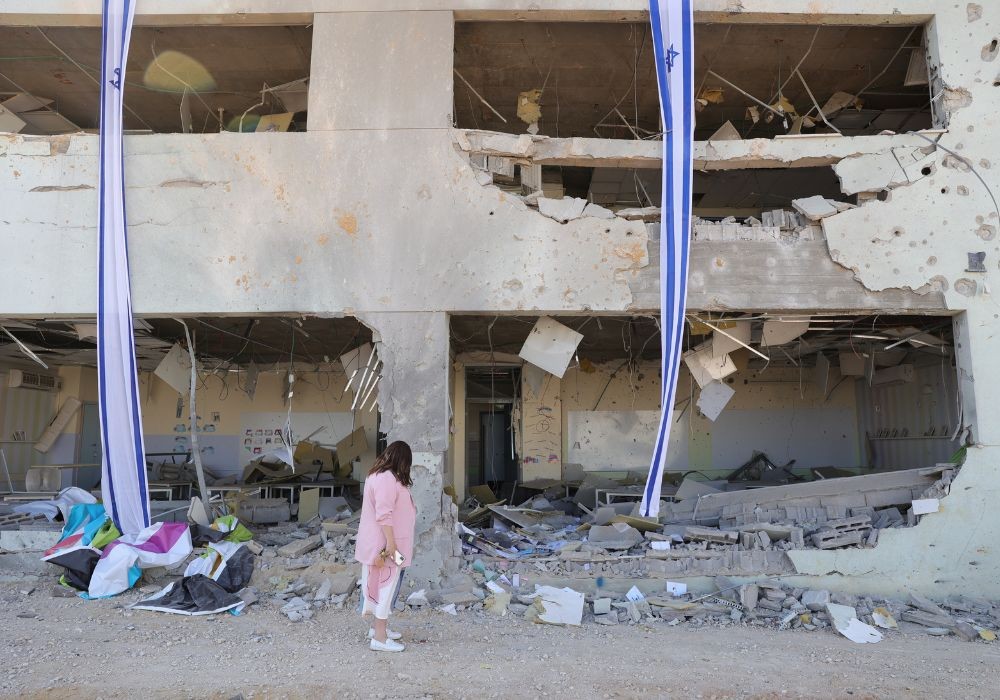



Following a series of fires in the Burgas area last summer, including one that destroyed homes in a local villa district, the Burgas municipality has acquired high-tech drones equipped with thermal cameras, night vision, and 3D imaging . The two..
Illegal migrants from Syria, Iraq and Iran have been discovered in Sofia, and ten members of an organised criminal group have been arrested , Deputy City Prosecutor Desislava Petrova told reporters. Two of those arrested have been charged as the..
Two billion euros in additional state guarantees and a concession of the Bulgarian Sports Totalizator are part of changes to the draft budget for 2026, submitted between the first and second readings. The change that increases the..
Bulgaria will not have to bail out eurozone countries that are experiencing difficulties. This is what Lilyana Pavlova, former vice..
Bulgarian and Chinese researchers discussed scientific cooperation at a forum in Sofia on Friday, attended by representatives of the Bulgarian Academy of..
Two billion euros in additional state guarantees and a concession of the Bulgarian Sports Totalizator are part of changes to the draft..

+359 2 9336 661
